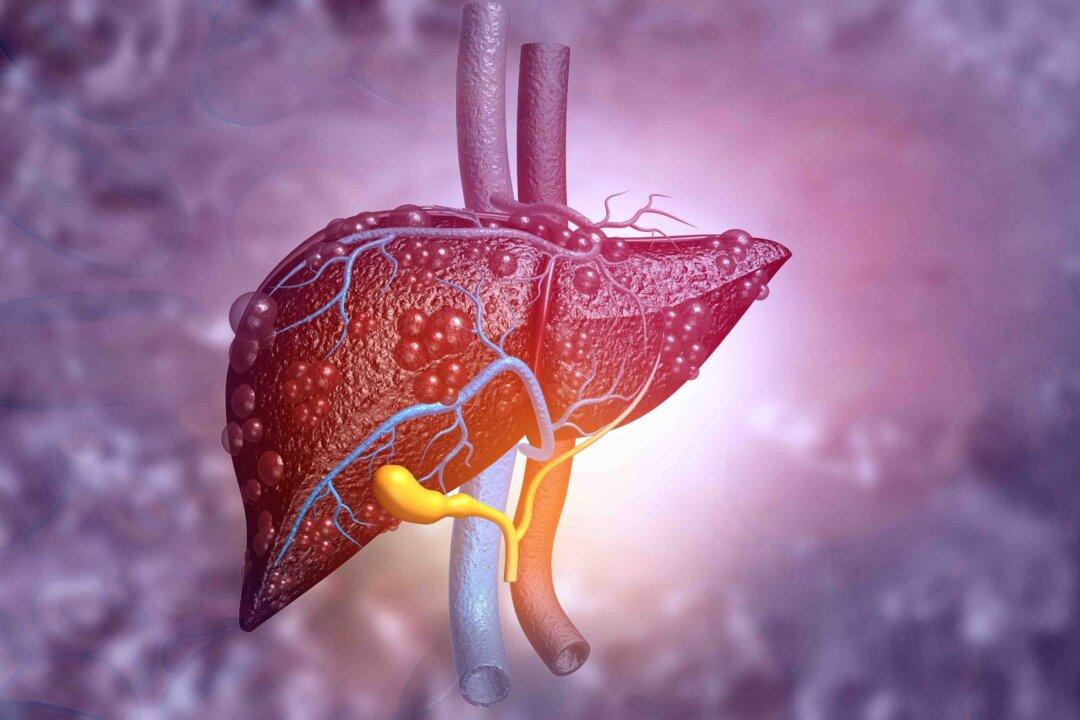According to a new study, diabetics who have poorly managed their blood sugar levels over the long term are nearly 50 percent more likely to wind up in intensive care if they contract COVID-19. The study looked at several potential impacts to COVID-19 severity in diabetes patients and also found that common diabetes-control medications could help lower the severe risk for diabetics.
The study published in BMJ Open Diabetes Research & Care looked at records for more than 16,000 people with Type 2 diabetes and COVID-19 between 2017 and 2020. Patients were divided up into two groups; those with “adequate” longitudinal glycemic control ranging from 6 to 9 percent and those with “poor” glycemic control of 9 percent or above for over two to three years.





